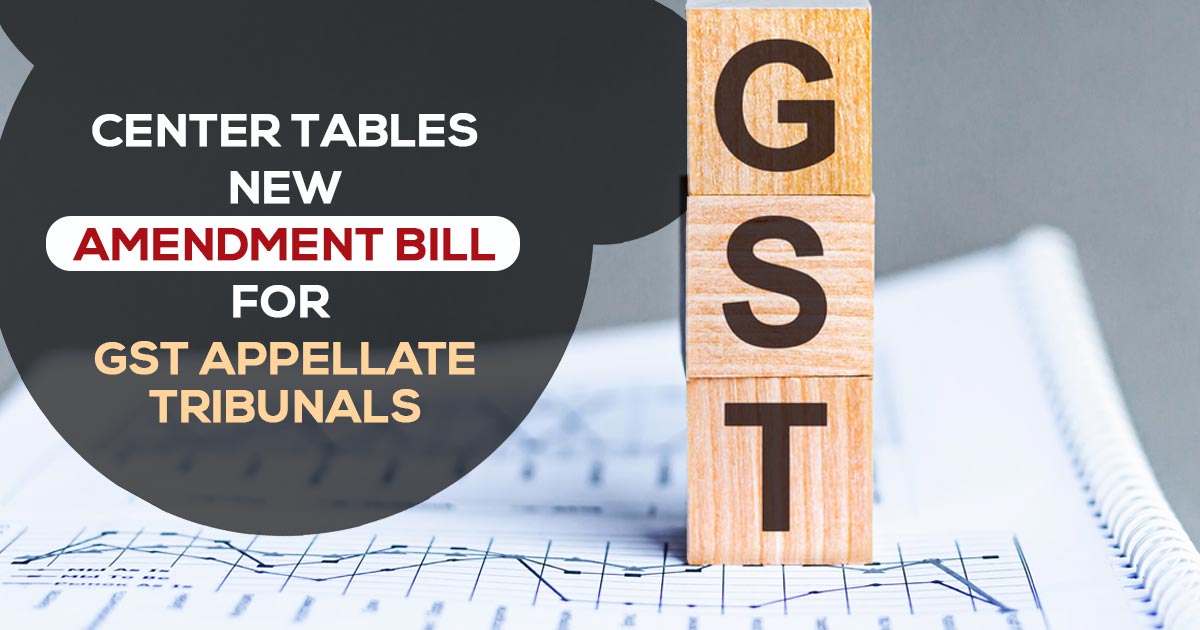
Finance Minister Nirmala Sitharaman presented an amendment bill in the Lok Sabha aiming to simplify the establishment of GST appellate tribunals (GSTAT) by altering its members’ appointment terms.
While 28 Tribunals Have been Identified for Setup
The Central GST (Second Amendment) Bill, 2023, proposes widening the selection criteria for judicial members. It suggests including advocates with a decade of experience and substantial expertise in litigation related to indirect taxes across various tribunals, high courts, or the Supreme Court.
These amendments aim to align the Central Goods and Services Act with the Tribunal Reforms Act, of 2021, concerning the appointment of tribunal presidents and members.
They also outline criteria for age limits, setting a minimum age of 50 years for both presidents and members. Additionally, tenure limits of 70 years for presidents and 67 years for members are proposed.
The bill highlights the necessity for GSTAT establishment, pointing out the absence of a secondary appellate remedy for taxpayers. This absence has led taxpayers to directly seek relief from high courts, causing undue burdens, thereby justifying the need for these amendments.
Simultaneously, Sitharaman introduced the Provisional Collection of Taxes Bill, 2023, in the Lok Sabha, replacing a law enacted in 1931. This new bill empowers the government to enforce proposed customs and excise duty-related changes from the day following the introduction of finance bills, bypassing the wait for the bill’s passage.
Read Also:- Don’t Pay GST on Entire Medical Bills, Must Check Here
“The Provisional Collection of Taxes Bill 2023 retains the provisions of the 1931 Bill,” announced the finance ministry in a social media post following Sitharaman’s introduction of the bill. This provision is an annual practice to swiftly implement customs and excise duty rate changes outlined in the budget, preventing speculative activities.
According to the newly-introduced bill, any legislation like the Finance Bill incorporating indirect tax changes under the provisional collection of taxes law will hold legal force immediately after its introduction.









